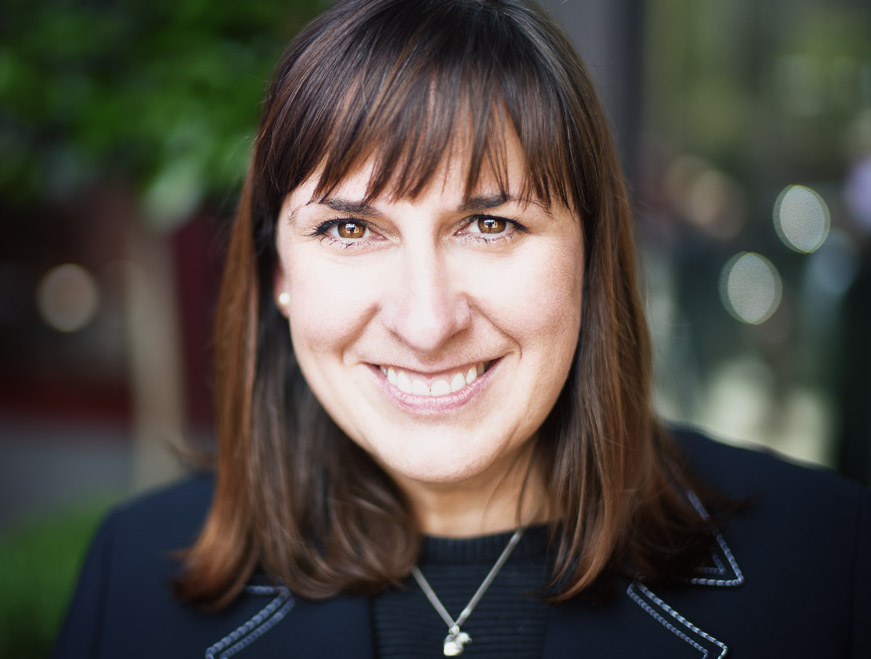- Home
- About Us
- The Team / Contact Us
- Books and Resources
- Privacy Policy
- Nonprofit Employer of Choice Award

 I often ask people if they think they are creative and many shy away from the question, either not believing that they are, or somehow embarrassed to admit it.
I often ask people if they think they are creative and many shy away from the question, either not believing that they are, or somehow embarrassed to admit it.
In case you are in any doubt - you are creative.
As a human being you are capable of having thoughts and ideas. How you inspire your own creativity and access your creative mindset is different for everyone.
However, what I’ve found is that most people feel more creative and have their best ideas when they are relaxed, for example in the shower, walking the dog or on a long journey. The minority of people that have their best ideas when they are at work.
Most of us turn up to work and leave our authentic creative selves at the door in an attempt to be professional, successful and climb the career ladder. And in my experience, the majority of the organizations we work for perpetuate that professional culture with the expectation that we do serious work at our desks to achieve serious target driven KPIs (Key Performance Indicators)
I’m not saying we should not have target driven KPIs, we are fundraisers, we have great responsibility to generate income in order that our organizations can deliver important services and we should be measured on that. However, in a competitive and difficult fundraising environment the skill of being creative to enable us to stand out and seek alternative ways of growing income is becoming increasingly important, so finding ways to encourage and nurture creativity is important too.
According to the research of psychologist Donald MacKinnon as far back as the 1970’s, for creativity to flourish we need to engage ourselves in a childish sense of play. An over professional culture, lacking a playful element could be bad for our ability to have creative ideas and therefore stand out in a crowded marketplace which impacts on our fundraising and therefore ultimately results in poorer outcomes for our supporters and beneficiaries.
MacKinnon found that creativity is not a talent as such, but more a way of operating - a state of mind. And the most effective way to unlock that state of mind is through what he described as being in a ‘playful’ state.
John Cleese refers to this in his excellent talk on how to be creative and sums it up by saying, “If you want creative workers, give them enough time to play.”
However creativity for creativity’s sake is a waste of time. The real benefit for charities is what you do with those good ideas. That’s the innovation part - how you turn ideas into a reality that makes an impact on the causes that you exist to help.
In the same way that people tend to shy away from declaring themselves ‘creative’, the innovation buzzword often feels shrouded in mystery or we believe that it is beyond our remit or responsibility. Innovation is part of every fundraisers role, and the best innovation happens when teams are clear on what innovation means for them and then work together to make it happen.
We’ve been doing a spot of play ourselves over at Lucidity and have developed a tool to help you;
What innovation animal are you?
It’s a tool that identifies which innovation animal you are. It’s simple. Answer the 13 quick questions. You will receive a one page report direct to your inbox that outlines your animal type and your innovation traits as well as which animal buddy to team up with for best results.
Maybe you are an owl, reserved, questioning and thorough, or a wolf known for speedy and decisive action. Take the quiz to find out.
We developed the quiz to be a playful tool and it is also designed to help your team innovate and make your creative ideas a reality. If you understand your own innovation style and preferences and the style and preferences of your team, you can play to each others strengths to make ideas happen. Creativity and innovation is a team sport and the best ideas happen when they are shared and built on together.
Let me know how you get on!
Lucy Gower is a trainer and coach specialising in innovation. She led the first innovation team at UK children’s charity NSPCC and it was there that Lucy realized that you can have the best ideas, processes and technology, but if you don’t have the right people working together then even the best ideas will fail. Since leaving the NSPCC in 2012 Lucy has worked with over 50 organisations including Amnesty, Cystic Fibrosis Trust, Nesta, The Children’s Society and Greenpeace.
Lucy is also author of The Innovation Workout, a blogger and conference speaker, and is often seen on Twitter @lucyinnovation